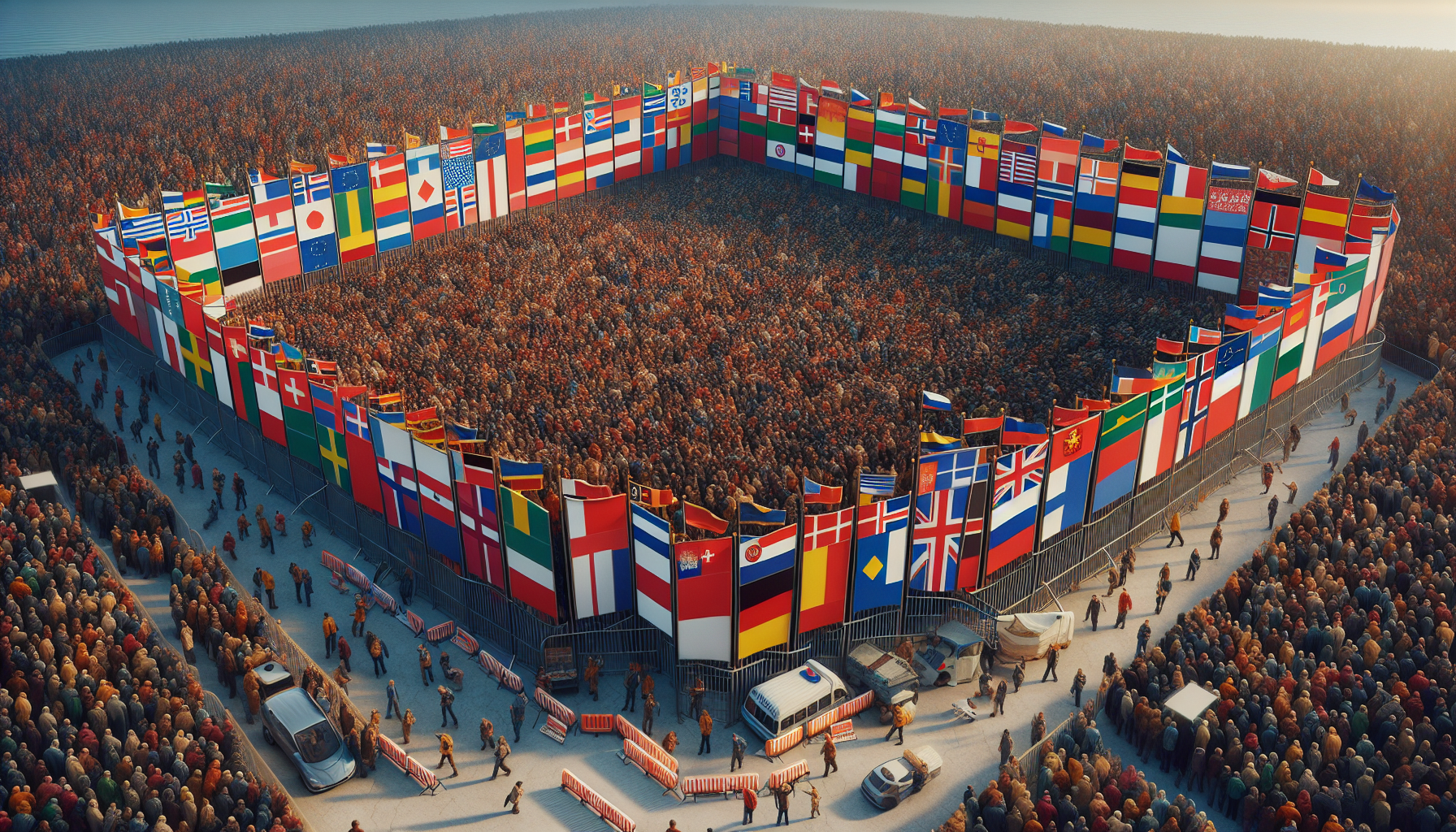
Schengen countries refusing visas to Russians: lists and details. Germany is reducing the number of tourist visas.
Among these countries are Belgium, Denmark, Latvia, Lithuania, Luxembourg, Malta, the Netherlands, Poland, Slovakia, Finland, the Czech Republic and Norway. These states have decided to completely stop issuing visas to Russians, significantly limiting travel and business opportunities. Germany, while not announcing a complete ban, has significantly reduced the issuance of tourist visas to Russian citizens. This decision reflects the general trend towards a tougher visa policy towards Russian citizens in the European Union countries.
Some countries bordering or in close proximity to Russia have taken particularly strict measures. Poland, Lithuania, Latvia, Estonia, Finland, Latvia, Estonia and Norway have banned Russian tourists from entering their territories. These measures are aimed not only at limiting tourist travel, but also at strengthening border security.
This situation creates serious difficulties for Russian citizens planning trips to Europe. They now have to look for alternative routes and countries to visit, which may lead to increased demand for visas to the few Schengen countries that still issue them to Russians. These visa restrictions are part of broader political and diplomatic measures taken by European countries in response to the current geopolitical situation. They reflect the growing tensions between Russia and the West. For Russian citizens with business, educational or family ties in Schengen countries, these restrictions create additional difficulties. Many have to reconsider their plans and look for alternative solutions to maintain international contacts.
Experts note that this situation may have long-term consequences not only for the tourism industry, but also for cultural exchange between Russia and European countries. Restricted travel opportunities may lead to increased isolation and decreased mutual understanding between nations. At the same time, some analysts suggest that these measures may be temporary and the situation may change in the future depending on the development of the international situation. However, in the short term, Russian citizens will have to adapt to the new realities and look for alternative opportunities for international travel.

Since 2025, Spain has closed the Golden Visa program, which provided residence through investment, but there are still other options for obtaining a residence permit. Find out what six options give you the chance to live and work in the country even without major investments. The closure of the Golden Visa program in Spain is not the end, but the beginning of a new chapter in the country's immigration history.

Greece is set for major changes to the rules for obtaining and extending residence permits for foreigners from 2025. Tighter requirements for investors, new opportunities for entrepreneurs and simplified procedures for qualified specialists - find out how these innovations will affect your plans to move to Greece.

Obtaining a residence permit abroad opens up a wide range of opportunities for long-term residence, simplifying the process of buying real estate and even obtaining citizenship. Learn about the main ways to apply for a residence permit, conditions in popular countries and success factors.


